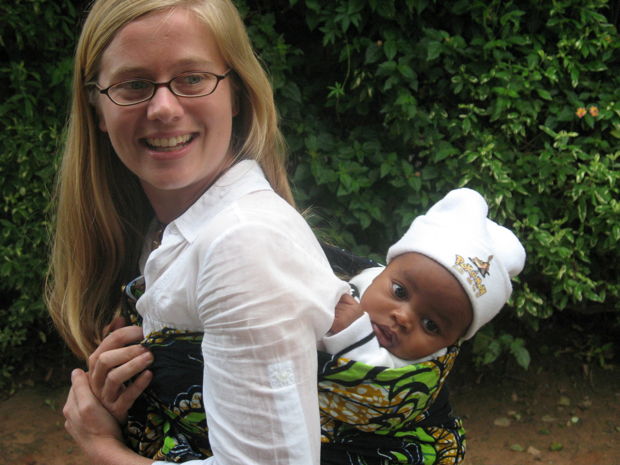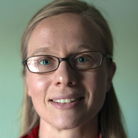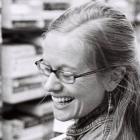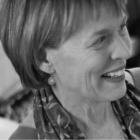Why did you choose this field of study?
I have had a long-term interest in living and working internationally and after graduating from college, moved to Zambia to work in youth ministry. While there I realized that one of the best ways I could serve the Christians I met in Zambia was to raise awareness in the American church about what was happening in Africa. I had taken several anthropology classes in college, and thought this discipline might be a good platform from which to speak to and strengthen the church on both sides of the Atlantic.
What do you enjoy most about your work?
I love that my work is to meet people and to try to understand their lives and stories well enough to tell them to others. I count it a privilege to be able to share in the experiences of Zambian women whose courage and faith are a continual inspiration.
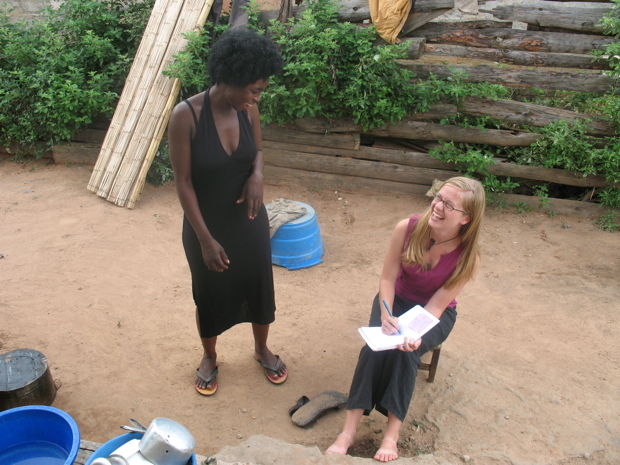
What do you find most challenging about your research?
While I am working stateside, I often struggle with loneliness, as much of my time is devoted to reading and writing, which translates into long hours alone at my desk with only a cup of tea for company. Here in the field, I’ve encountered challenges that are almost the polar opposite of those of academic work. Instead of feeling starved for interaction, I have found it difficult to carve out time to be by myself. I sometimes crave anonymity, which is hard to find, as being a white woman who speaks the vernacular and shops at local kiosks makes me a perennial object of attention.
How does your faith connect with your study, research, or work?
Because my topic of study is the relationship between Christianity and local political economy, my research easily connects to my faith. At least in the field, much of my day is spent with other Christians. I have learned a great deal about prayer by crying out to God with these believers, most of whom are women, and am thankful for the insider’s perspective that our shared faith affords me in my efforts to understand daily life in urban Zambia.
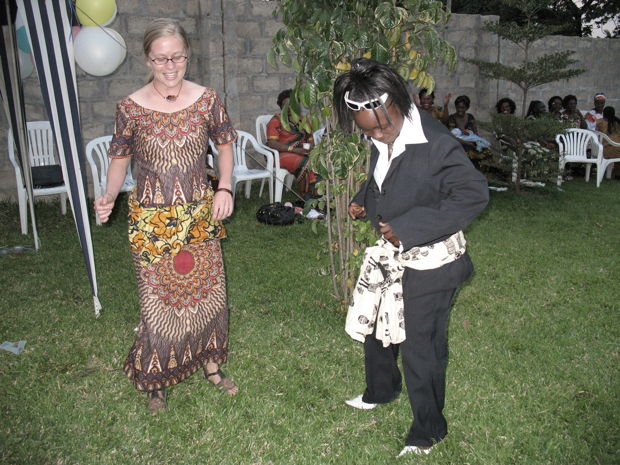
What would you like Christians to understand about your field?
I think Christians have much to gain by developing a richer understanding of culture and of the implications of multiculturalism for the twenty-first century church, the diversity of which is unprecedented in Christian history. The potential for the body of Christ to be enriched as its members come to understand one another across cultural boundaries is amazing. We also stand to gain in our knowledge of God, who made humans in his image. The more facets of that image we encounter, the deeper will be our appreciation for the greatness of our God!
What do you do when you aren’t studying?
I really enjoy baking and cooking and look forward to a good novel at the end of the day. I also enjoy being outside — hiking, biking, running, and, when at home in Minnesota, cross-country skiing. If I can pursue any of these with friends, so much the better.
What book would you like to recommend?
On the plane to Zambia last winter I read Mischa Berlinski’s Fieldwork, and have since read it again. Set against the backdrop of Northern Thailand, the book explores tensions that emerge when missions and anthropology meet on the same “field.” It’s a fun read, with good characters and a rich enough plot to keep the reader in suspense. I highly recommend it, particularly if you can squeeze in a good Thai meal at some point in the reading!
